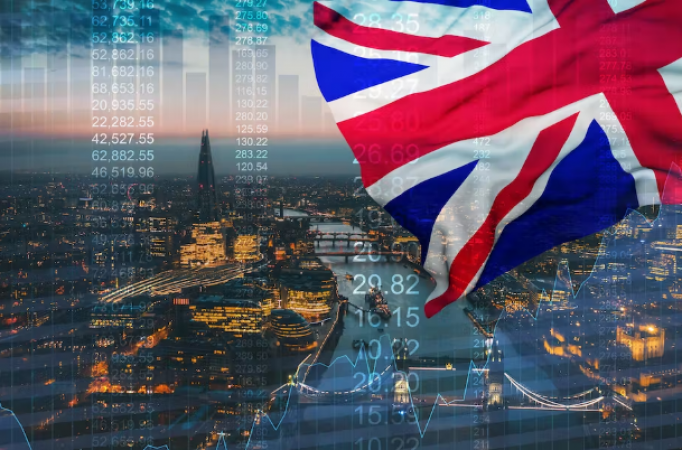
UK: Despite a decline in inflation, real wages in the UK won't reach their 2008 level until 2026, according to an independent think tank's analysis of the new budget released this week.
The nation is on course for a "disastrous decade" of stagnant incomes, high taxes, and cuts to public services, claims the report.
The article emphasised the 3.9% annual decline in real wages in January and noted that the larger picture for wages is "one of long-term pay stagnation."
Also Read: largest economy in the Eurozone will not escape recession this year
The think tank emphasised that this year and next's decline in household disposable incomes is the worst in a century.
"Britain's economy remains stuck in a deep funk - with people supported into work but getting poorer, and paying more tax but seeing public services cut," it said in the statement.
The UK is anticipated to have experienced "the largest energy and inflation shock since the 1970s, while avoiding a recession, with unemployment peaking at just 4.4%," according to the Resolution Foundation.
Also Read: Nagaland to host G20 Business Summit 2023 on April 5
The study predicts that taxes as a percentage of GDP will reach 37.7% by the end of the forecast period, which would be a 70-year high and a 4.7% increase from 2019–2020.
Since the income tax thresholds have been frozen since 2022–2023, it was noted that typical households will be worse off by £1,110 ($1,337) when the freeze expires in 2027–2028.
"Jeremy Hunt's first budget was a much bigger affair than many expected, combining improvements to the dire economic and fiscal outlook with a significant policy package aimed at boosting longer-term growth in general, and the size of the workforce in particular," said Torsten Bell, chief executive of the Resolution Foundation.
Also Read: KEC International wins New Orders of Rs. Rs1,028 cr
But when you take a step back, the UK's fundamental problems are still largely the same. We are growing too slowly and making insufficient investments. The standard of living for our people has not changed. We demand higher tax payments from them while reducing public services," he said.